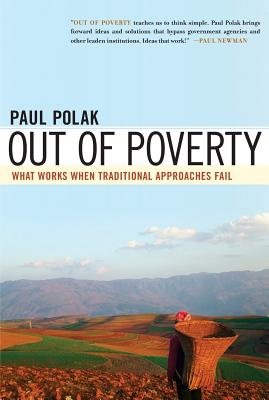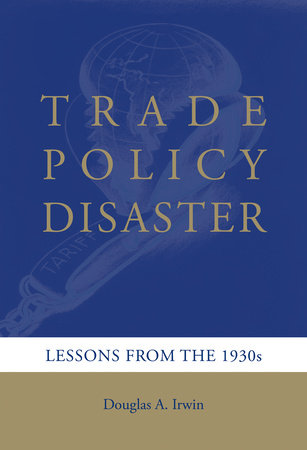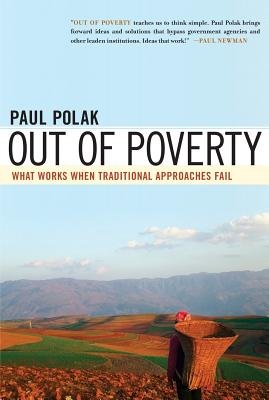


-
$21.95
Sep 07, 2009 | ISBN 9781605092768
-
$27.95
Feb 11, 2008 | ISBN 9781576754498
Buy the Hardcover:
YOU MAY ALSO LIKE
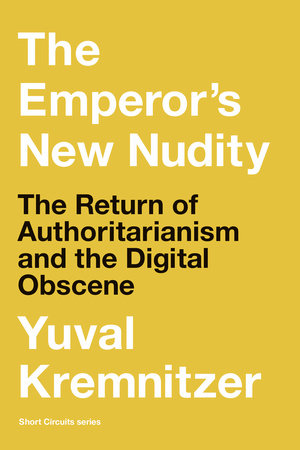
The Emperor’s New Nudity
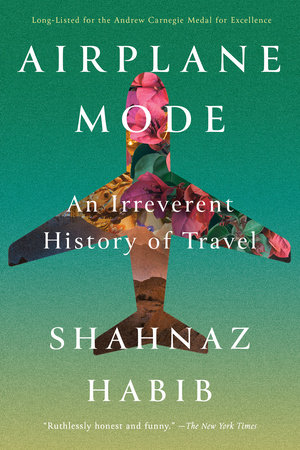
Airplane Mode

Beyond the Call of Duty
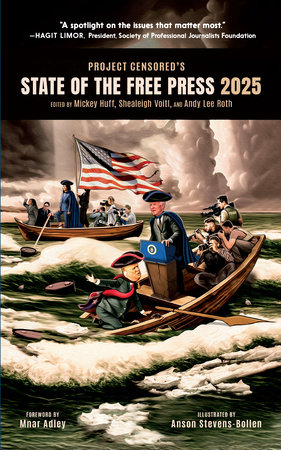
Project Censored’s State of the Free Press 2025
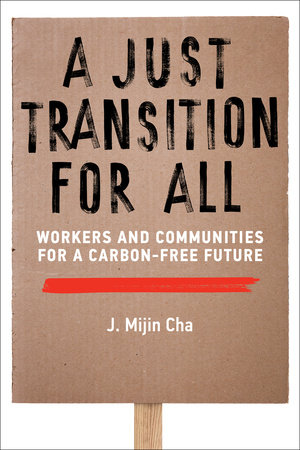
A Just Transition for All

The Empire of Civil Society
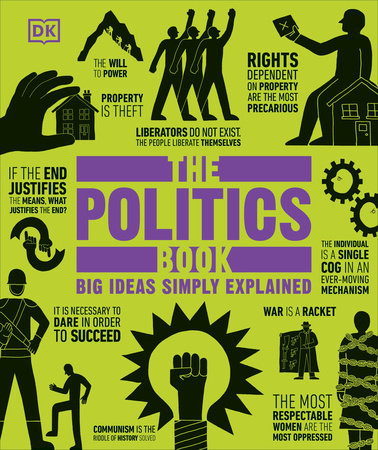
The Politics Book

Against the Crisis
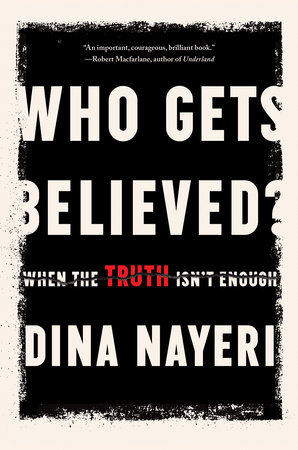
Who Gets Believed?
Praise
“Drawing on his own firsthand experiences and in-person observations, Paul Polak’s book goes straight to the heart of the matter and offers how-to advice on wiping out global poverty, one family and one person at a time. Half the people on Earth live on less than four dollars a day —the rest of us should read this book.”
—David M. Kelley, Founder and Chairman, IDEO, and Donald W. Whittier Professor in Mechanical Engineering, Stanford University
“Paul Polak listens to people few of us ever hear from—the world’s poor ‘one-acre farmers’—and comes up with simple, practical solutions for helping them better their lives. His work is profoundly inspiring. Even if you don’t normally read books about development and poverty, read this one!”
—Lori Pottinger, Director of Africa Programs, International Rivers
“With personal anecdotes and field experiences, Paul Polak shares the philosophies that have made IDE one of the most successful organiza- tions in providing life-changing technologies to people in the develop- ing world. Paul’s joie de vivre, his commitment to eliminating poverty, and his pragmatic irreverence are all captured in his book.”
—Amy Smith, Senior Lecturer, Department of Mechanical Engineering, MIT
“Viewing the poor as passive recipients of assistance has wasted billions of dollars. Top-down, bailout subsidy programs don’t work. As Paul ex- plains, we need to partner with the developing world and provide tools and technologies to give them an opportunity to help themselves.”
—Shrikrishna Upadhyay, Founder, SAPPROS, Nepal
“Paul Polak delivers a refreshing dose of common sense to the question of how best to help the world’s poorest citizens, the common sense borne of a lifetime of hands-on experience. It serves as a how-to manual for Stanford’s course on Design for Extreme Affordability.”
—James M. Patell, Herbert Hoover Professor of Public and Private Management, Graduate School of Business, Stanford University
“Paul Polak is passionate about the alleviation of poverty. This book presents numerous case studies demonstrating that effective programs to raise the incomes of poor people must start with an effort to under- stand and involve poor people in the environments in which they find themselves.”
—Vernon W. Ruttan, Regents Professor Emeritus, Departments of Economics and Applied Economics, University of Minnesota
“Paul Polak’s provocative and compelling story of how smart techno- logical tools can empower poor entrepreneurs to create their own wealth will disgruntle some devotees of old development. Let them get ‘regruntled’ and notice what works.”
—Amory B. Lovins, Chairman and Chief Scientist, Rocky Mountain Institute
“Out of Poverty is an ‘unputdownable’ record of Polak’s success with tiny-scale farmers, embedded with workable rules for designing, scaling up, and distributing affordable innovations to the poor. It makes a clear declaration: Poverty can be ended if business, government, and development agencies learn these lessons.”
—Michael Lipton, Research Professor, Poverty Research Unit, University of Sussex
“Paul’s ideas have helped bring millions of people out of poverty, and, along the way, he has ignited a design revolution that offers us all a bright new way to look at the world.”
—Michael Cronan, Cronan Design
“Paul Polak’s insights open new vistas in design discovery. Out of Poverty is one of the clearest descriptions of how design has a profound impact on the cycle of poverty and really changes the world.”
—Yves Behar, President and Creative Director, fuseproject, and Chair of Industrial Design, California College of the Arts
“Paul Polak’s method works because it harnesses the power of design thinking, low-cost technology, and human enterprise to create sustain- able communities of trade. Paul’s remarkable work has eliminated poverty and restored dignity to millions of families.”
—Ann Willoughby, President and Creative Director, Willoughby Design Group
Table Of Contents
Preface
Introduction: Learning to Do the Simple and Obvious
1 Twelve Steps to Practical Problem Solving
2 The Three Great Poverty Eradication Myths
3 It All Starts with Making More Money
4 Design for the Other 90 Percent
5 From Subsistence to New Income
6 Affordable Small-Plot Irrigation
7 A New Agriculture for One-Acre Farms
8 Creating Vibrant New Markets That Serve Poor Customers
9 Slums —The Incubator for New Income Opportunities
10 Poverty and the Planet
11 Taking Action to End Poverty
12 Bahadur and His Family Move Out of Poverty
Notes
Resources
Acknowledgments
Index
About the Author
About IDE
21 Books You’ve Been Meaning to Read
Just for joining you’ll get personalized recommendations on your dashboard daily and features only for members.
Find Out More Join Now Sign In






